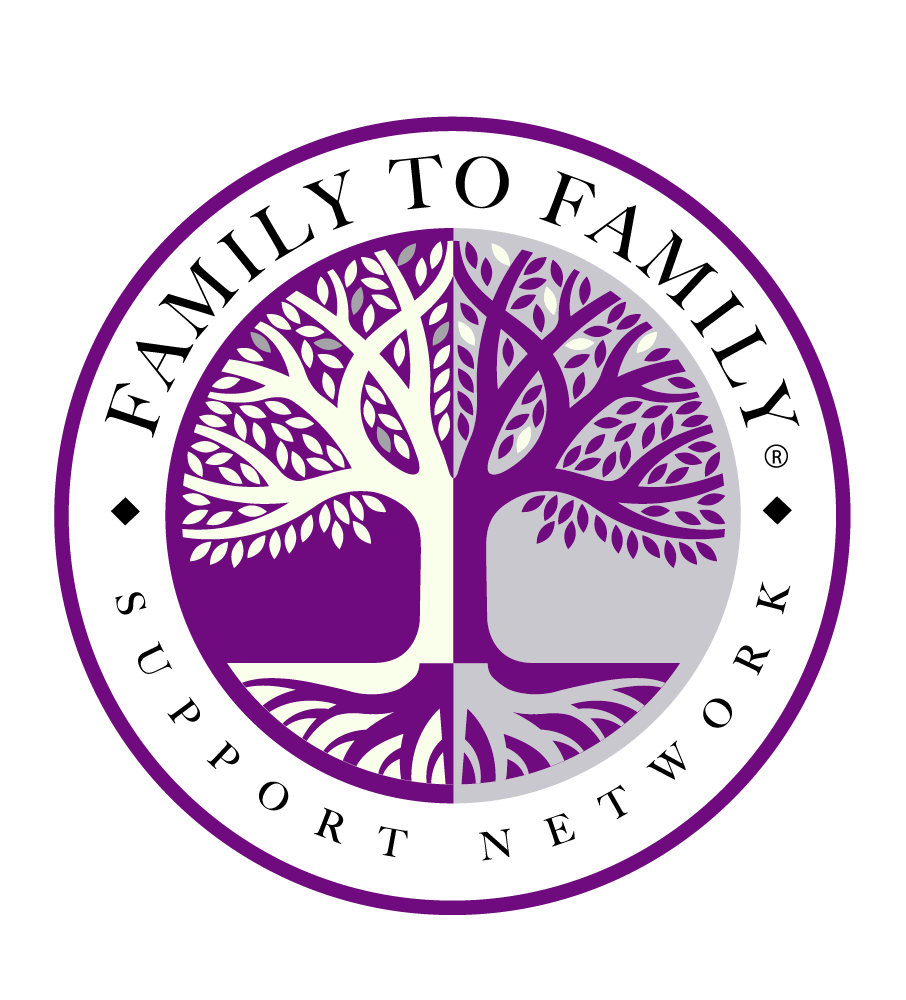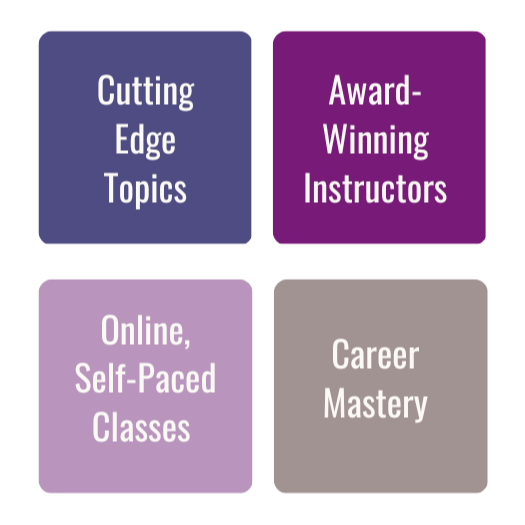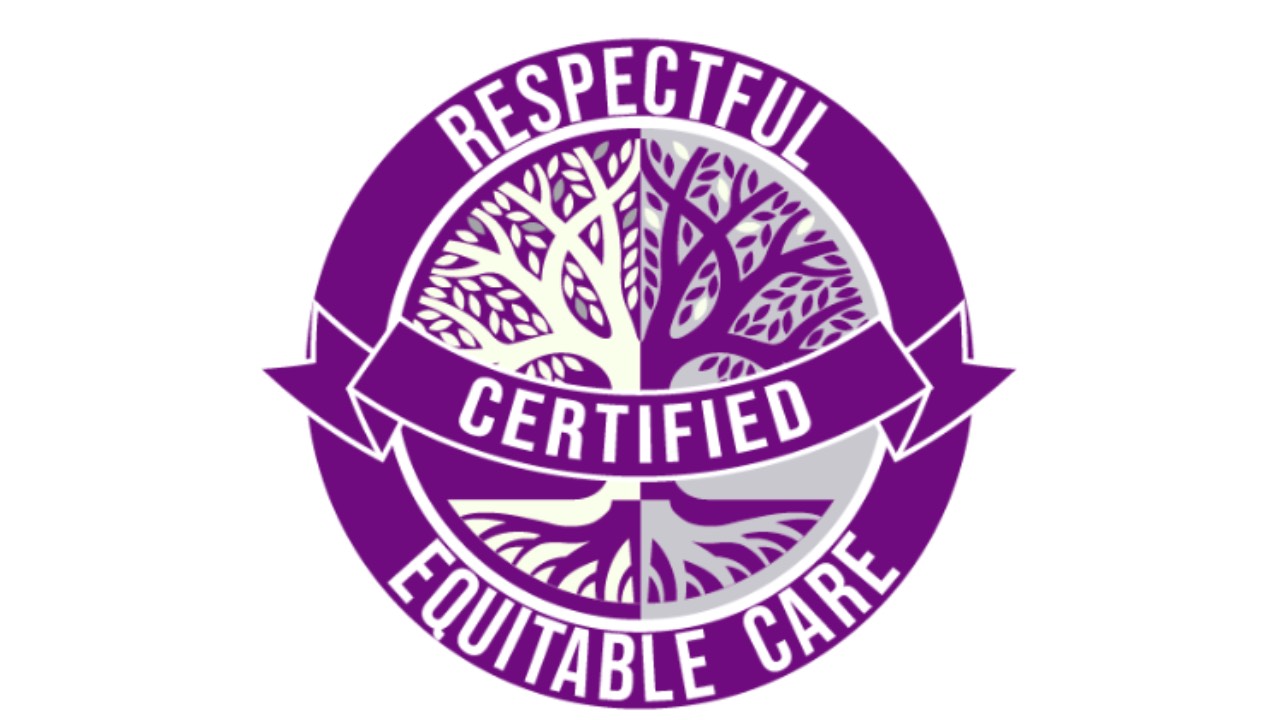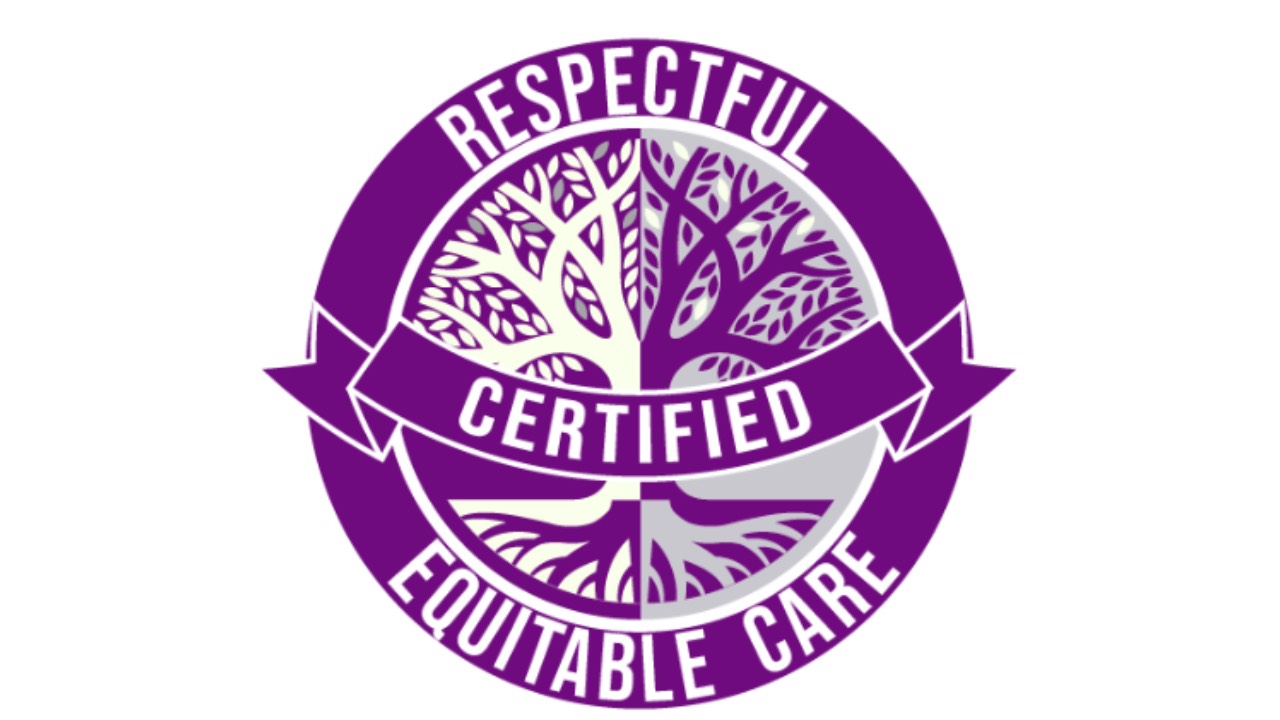
Respectful, Equitable Care Certification
Respectful, Equitable Care Certification
The Respectful, Equitable Care Certification will help you improve patient care and differentiate yourself as a healthcare professional.
Unlike most healthcare programs, the REC Certification incorporates and encourages ongoing self-reflection, an exploration of one's heart, and the teaching of soft skills that will create a respectful, neutral, and compassionate space for all families.
The REC curriculum is strategically designed to enrich the daily work of healthcare professionals, empower them with the confidence to serve all patients, and equip them with tools that reinforce and support the knowledge learned.
Course preview is available below!
Cost: $495 USD (includes 9 contact hours, e-badges for each module, 2-year certification, and "certified" lapel pin)
Click Here to Register Now!

Nancy J. Travis
MS, BSN, RN, BC, CPN, CBC, C-ONQS
Director Women and Neonatal Services
Lee Health - Cape Coral Hospital
The Family to Family Respectful, Equitable Care Certification will help take you and your team to the next level in care for your perinatal and neonatal patients and families. The information is invaluable and insightful as you work through the modules. It gives real life examples and provides the answers on how to examine your own feelings and helps to know how to provide equitable care for all patients that may present in the hospital or outpatient settings.

Dr. Debbie Ketchum
DNP, MAOM, RN, NEA-BC, RNC-MNN, C-EFM, REC-C
I have gained knowledge, insight, and tools to confidently lean in with respectful care in adoptions, ambiguous loss, surrogacy, those with substance use disorder, LGBTQIA+, and transgender birthing patients while being mindful of implicit bias and anti-racism. I recommend obtaining this certification to enhance our professional knowledge and advocacy, and promotion of optimal outcomes for birthing patients, families, and newborns.

Heidi Brown
MSN, RN, NE-BC, C-EFM
Labor and Delivery and OBED Nurse Manager
I think we need to take a really up close and personal look at our own biases, acknowledge them and recognize how that impacts our practice. It needs to happen frequently after events in our own lives. This isn't a conversation to happen just to check a box or under a time constraint. These conversations happen over time when surrounded by supportive peers.



